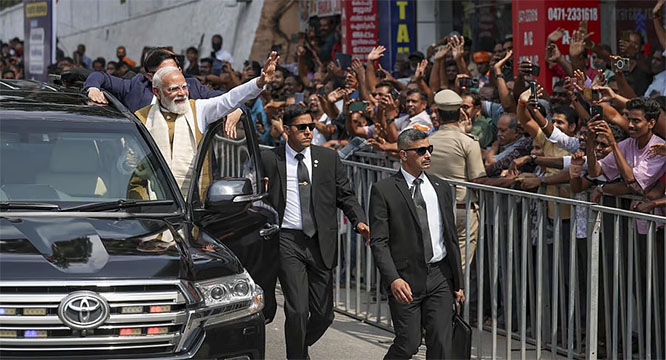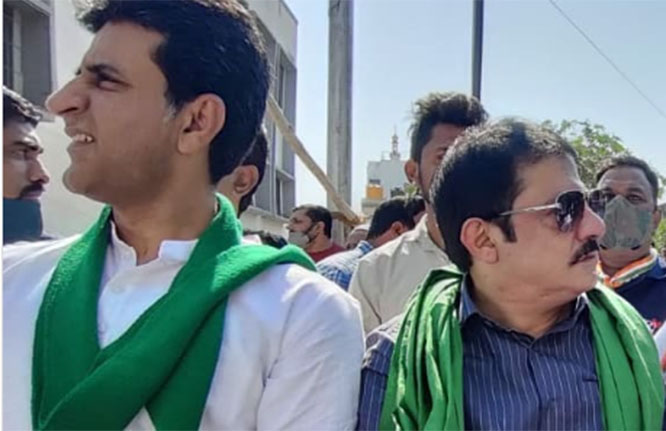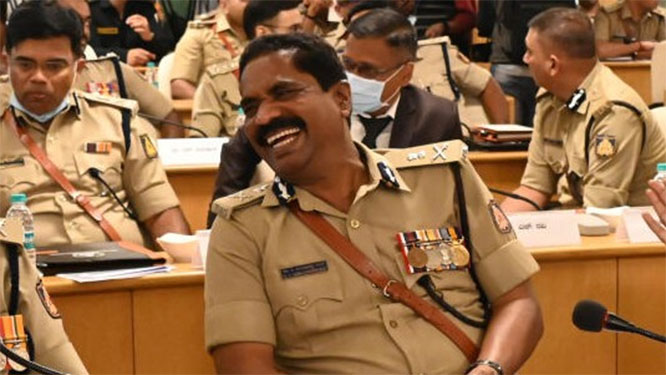
The Union government is likely to announce a new Hajj policy after scrapping the discretionary Hajj quota that was available with people in top constitutional posts and the minority affairs ministry.
Earlier, union minister Smriti Irani announced govt’s decision to do away with VIP Hajj asserting that the step has been taken as part of Prime Minister Narendra Modi's resolve to end 'VIP culture'.
Around 500 people could go to Hajj through seats allocated to the President, Vice President, prime minister, minority affairs minister and Haj committee under the VIP Haj quota. The quota has now been scrapped.
Now all Haj pilgrims will go through the Hajj committee and private tour operators only. The move, as a letter states, is to stop the VIP culture.
There were 100 seats in the President's quota, 75 in the Vice President's quota, 75 in the PM quota and 50 in the minority affairs minister quota. Even the 200 seats with the Hajj Committee of India have been done away with.
“Prime Minister Modi had put forward his resolve to end VIP culture on the very first day of his term. VIP culture was put in place with respect to Hajj during the UPA rule under which there was a special quota allocated to the Ministry of Minority Affairs, Haj Committee and all those in top constitutional posts," Irani said.
She said that when it was started in 2012, there were around 5,000 seats under this special quota and if one knew someone in the government, one would be given a special category seat.
"The government has ended that... The PM believed that if we have to do away with VIP culture completely then if there is any such special categorisation in any department, it should be ended," Irani said. She also said an exhaustive Hajj policy reflecting the PM's resolves and one that will take care of the poor's needs would be announced in the future.








Comments
Add new comment